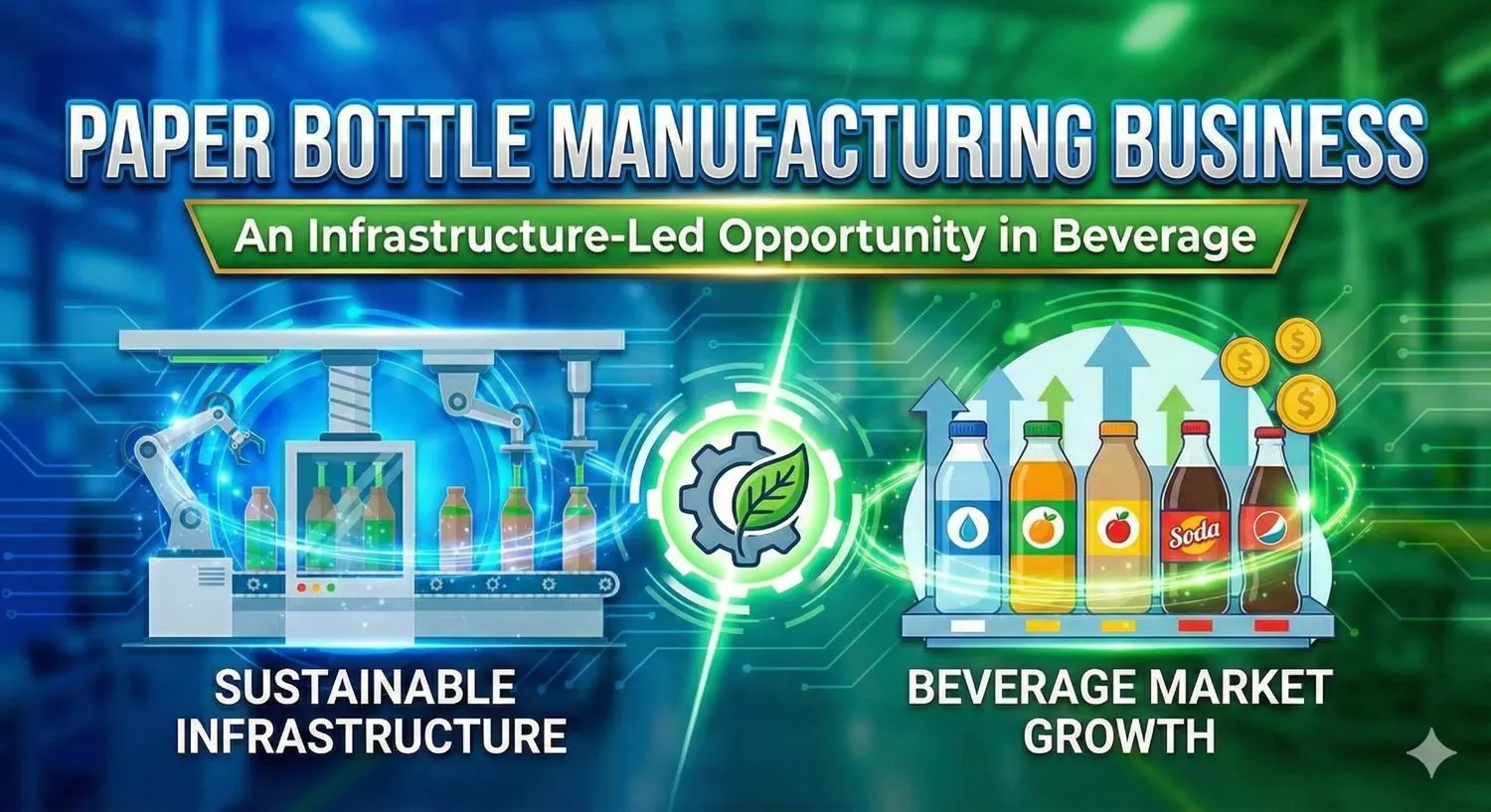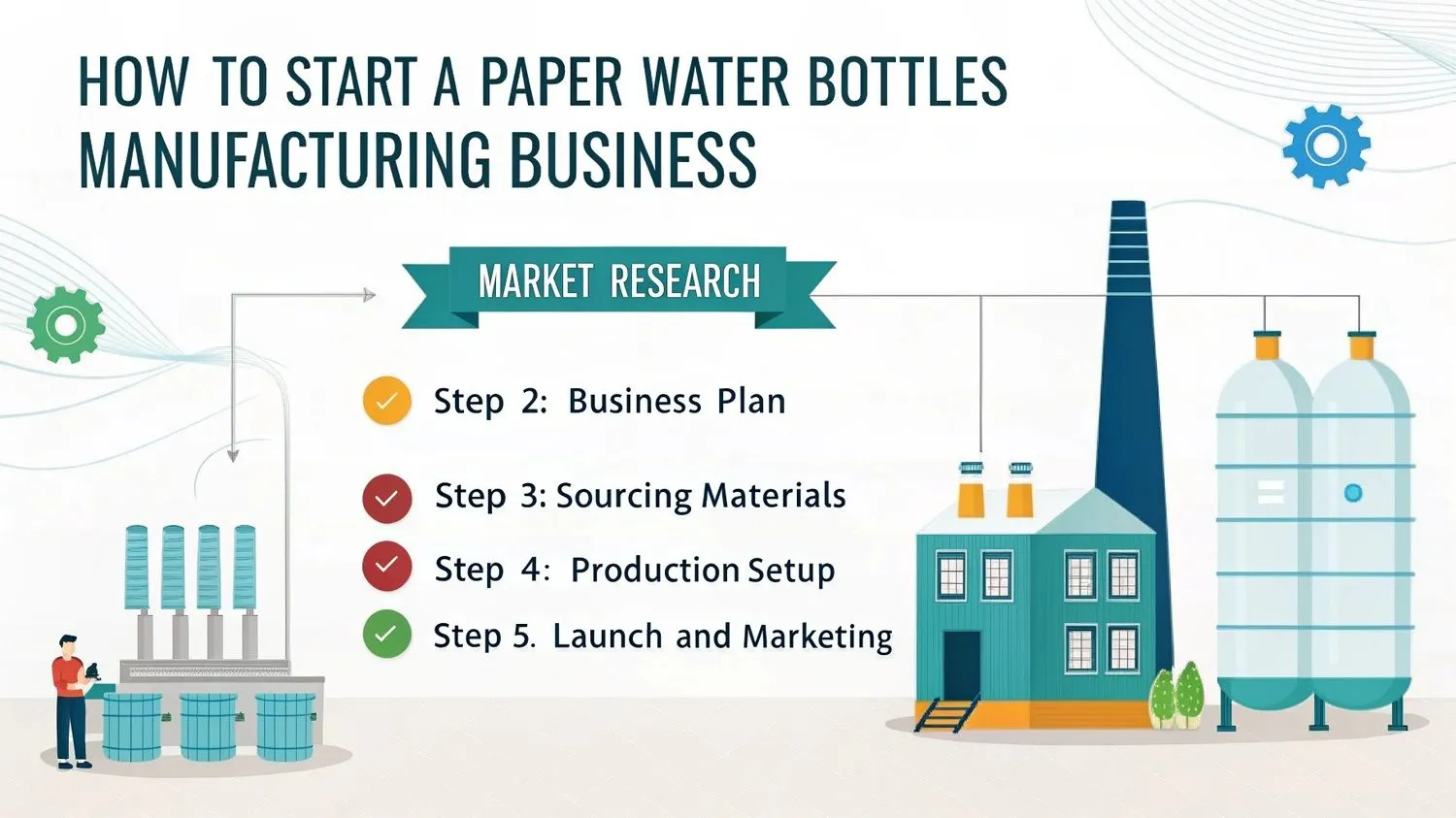Neem, often referred to as the “village pharmacy,” has been used for centuries in Indian agriculture and traditional medicine. In recent years, neem-based products have gained significant traction in the global agricultural market, particularly as organic farming continues to grow in popularity. Among these innovations, neem-based organic pesticides stand out not only for their eco-friendly nature and biodegradability, but also for their proven effectiveness against a wide range of pests. As a result, the global shift toward sustainable agriculture has created a fertile ground for growth in this niche. Consequently, neem-based pesticide manufacturing is emerging as a promising and profitable venture.
Contents
- 1 Understanding the Basics of Neem-Based Pesticide Manufacturing
- 1.1 Raw Materials Required
- 1.2 Extraction Process of Neem Oil
- 1.3 Formulation of Neem-Based Pesticides
- 1.4 Equipment and Infrastructure Needed
- 1.5 Legal Requirements and Compliance
- 1.6 Quality Control and Testing
- 1.7 Packaging and Branding
- 1.8 Market Opportunities and Profit Potential
- 1.9 Sustainability and Future Outlook
- 1.10 Conclusion
Understanding the Basics of Neem-Based Pesticide Manufacturing
Neem-based pesticides, derived primarily from the seeds and leaves of the neem tree (Azadirachta indica), are increasingly gaining attention due to their remarkable ecological benefits. Notably, these natural formulations offer a safer alternative to synthetic chemicals. In particular, the key bioactive compound, Azadirachtin, plays a crucial role — it functions not only as an insect repellent but also as a feeding deterrent and a growth regulator. As a result, neem pesticides effectively disrupt pest life cycles without harming the environment. Moreover, its natural origin makes it an ideal alternative to synthetic pesticides.
Unlike synthetic chemicals, neem-based formulations do not cause harm to beneficial insects like bees or contaminate soil and water sources.
Let’s explore the entire process of neem-based pesticide manufacturing, from raw material procurement to final packaging, while understanding the necessary infrastructure, legal compliance, and potential market opportunities.
See Also: Business in Mizoram
Raw Materials Required
The primary raw materials include:
-
Neem seeds – Rich in Azadirachtin, they form the core of the pesticide.
-
Neem leaves – Used in some formulations for added bioactivity.
-
Solvents – Typically water, ethanol, or kerosene is used for extraction depending on the formulation.
-
Emulsifiers and stabilizers – Required for maintaining shelf stability and uniform mixing.
-
Preservatives – To increase product life without altering natural properties.
-
Containers and packaging materials – Plastic or glass bottles, labels, and cartons.
To ensure quality and consistency, it is highly advisable to source neem seeds from reliable regions such as Rajasthan, Tamil Nadu, or Andhra Pradesh. Moreover, the seeds must be fresh, fully mature, and free from any fungal contamination to maintain the efficacy of the final pesticide product.
Extraction Process of Neem Oil
There are two major methods for extracting neem oil, which is the core ingredient for organic pesticide formulations:
1. Cold Pressed Method
This traditional method retains the natural properties of neem oil.
Steps:
-
Neem seeds are cleaned and dried thoroughly.
-
They are then de-shelled and pressed using an oil expeller.
-
The crude oil is filtered and stored in airtight containers.
Though the yield is lower compared to solvent extraction, the oil retains maximum active compounds, making it ideal for premium pesticide products.
2. Solvent Extraction Method
This industrial process provides higher yields and is suitable for large-scale pesticide manufacturing.
Steps:
-
Crushed neem seed kernels are mixed with a solvent like hexane or ethanol.
-
The mixture is agitated to dissolve the oil.
-
The solvent-oil mixture is then separated and distilled to remove the solvent.
-
The extracted oil is filtered and stored.
This method is cost-effective and ideal for mass production, though some bioactivity may be lost depending on the solvent used.
Formulation of Neem-Based Pesticides
Once neem oil is extracted, it is used to create various types of pesticide formulations such as:
-
Neem oil emulsifiable concentrate (EC)
-
Neem oil water-soluble concentrate (WSC)
-
Neem seed kernel extract (NSKE)
-
Neem leaf extract formulations
-
Neem cake-based bio-pesticides
Let’s take a closer look at the preparation of a basic neem oil emulsifiable concentrate (EC):
Ingredients:
-
Neem oil (80%)
-
Emulsifier (10%)
-
Stabilizer (5%)
-
Preservative and others (5%)
Procedure:
-
Neem oil is mixed with the emulsifier under controlled heating.
-
The stabilizer and preservatives are added slowly with continuous stirring.
-
The mixture is allowed to cool and tested for emulsification in water.
-
After passing quality tests, the solution is filled into containers.
The final product is a concentrated neem-based pesticide that can be diluted with water by farmers before spraying on crops.
See Also: Zinc Sulphate Fertilizer
Equipment and Infrastructure Needed
To set up a neem-based pesticide manufacturing unit, the following infrastructure is required:
-
Raw material storage – Clean, ventilated warehouse for storing neem seeds.
-
Extraction plant – Oil expellers or solvent extraction units.
-
Mixing and formulation unit – Stirring vessels, measuring tanks, and heating systems.
-
Filling and packaging unit – Semi-automatic or fully automatic filling machines.
-
Laboratory – For quality testing, stability analysis, and regulatory compliance.
-
Office space – For administration, marketing, and record-keeping.
An area of 2000–3000 sq. ft. is typically sufficient for a small to medium scale unit.
Legal Requirements and Compliance
Before beginning pesticide manufacturing, several licenses and approvals are mandatory:
-
Company Registration – As an MSME, LLP, or Pvt. Ltd.
-
FCO Certification – If using neem cake-based fertilizers.
-
CIBRC Registration – Central Insecticides Board and Registration Committee under Insecticides Act, 1968.
-
BIS Certification – If claiming certain ISI standards.
-
Pollution Control Board Clearance – For waste management and emissions.
-
Label Approval – As per regulatory norms for pesticide packaging.
Additionally, maintaining batch records, safety data sheets (SDS), and quality test reports is essential for transparency and traceability.
Quality Control and Testing
Ensuring the potency, safety, and shelf life of the product is crucial. Standard tests include:
-
Azadirachtin content analysis – Minimum of 300 ppm is ideal.
-
Emulsification test – Ensures easy dilution in water.
-
pH and viscosity check – For product stability.
-
Shelf-life studies – Typically ranges from 6 to 12 months.
-
Toxicity test – To certify it is safe for non-target organisms.
An in-house lab or third-party NABL-accredited lab can be used for testing.
Packaging and Branding
Packaging plays a key role in customer acceptance. Important considerations:
-
Use leak-proof, UV-protected bottles.
-
Offer small (250 ml) and bulk (1 L, 5 L) pack sizes.
-
Include all mandatory details: usage directions, composition, batch number, expiry date, and license number.
-
Use green and eco-friendly branding themes to emphasize the organic nature.
Educating farmers through demonstrations, brochures, and agricultural expos will further enhance brand visibility.
Market Opportunities and Profit Potential
With the rising awareness of organic farming and increasing concerns over pesticide residue limits, the global demand for neem-based pesticides is expected to grow at a CAGR of over 10%.
Consequently, this surge in demand represents a significant opportunity for sustainable agri-input businesses. Moreover, the shift toward eco-friendly agricultural practices further strengthens the potential for growth in this sector. Interestingly, India, being the world’s largest producer of neem, holds a strategic advantage in catering to this emerging global need. In particular, its abundant neem resources and established agricultural infrastructure position it as a key player in the organic pesticide market.
Potential buyers include:
-
Organic farmers
-
Agro-input retailers
-
Exporters of eco-friendly agri-products
-
Government and NGO rural programs
-
Online gardening product sellers
The profit margin in pesticide manufacturing of this kind can be 25–40% depending on scale and marketing. Initial investment for a small unit may range from ?10–20 lakhs, including equipment, licenses, and working capital.
Sustainability and Future Outlook
Neem-based pesticides offer a sustainable solution to the excessive use of chemicals in agriculture. Moreover, their biodegradability, non-toxicity, and compatibility with Integrated Pest Management (IPM) systems make them a strategic and eco-conscious choice for the future of farming.
In addition, with support from government schemes such as the Paramparagat Krishi Vikas Yojana (PKVY) and the rising global demand for organic produce, the neem-based pesticide manufacturing sector is well-positioned for exponential growth. Consequently, entrepreneurs and agribusinesses alike are increasingly exploring this opportunity as a viable and profitable venture.
See Also: Concrete Admixture Production
Conclusion
Starting a neem-based pesticide manufacturing unit is both economically and ecologically rewarding. In addition, the availability of low-cost raw materials, combined with growing consumer demand and favorable government policies, makes it a highly viable opportunity. As a result, entrepreneurs can confidently tap into this niche to build a business that is not only profitable but also sustainable in the long term.
By combining traditional knowledge with modern technology, neem-based pesticides can lead the way toward a greener, healthier agricultural future.














